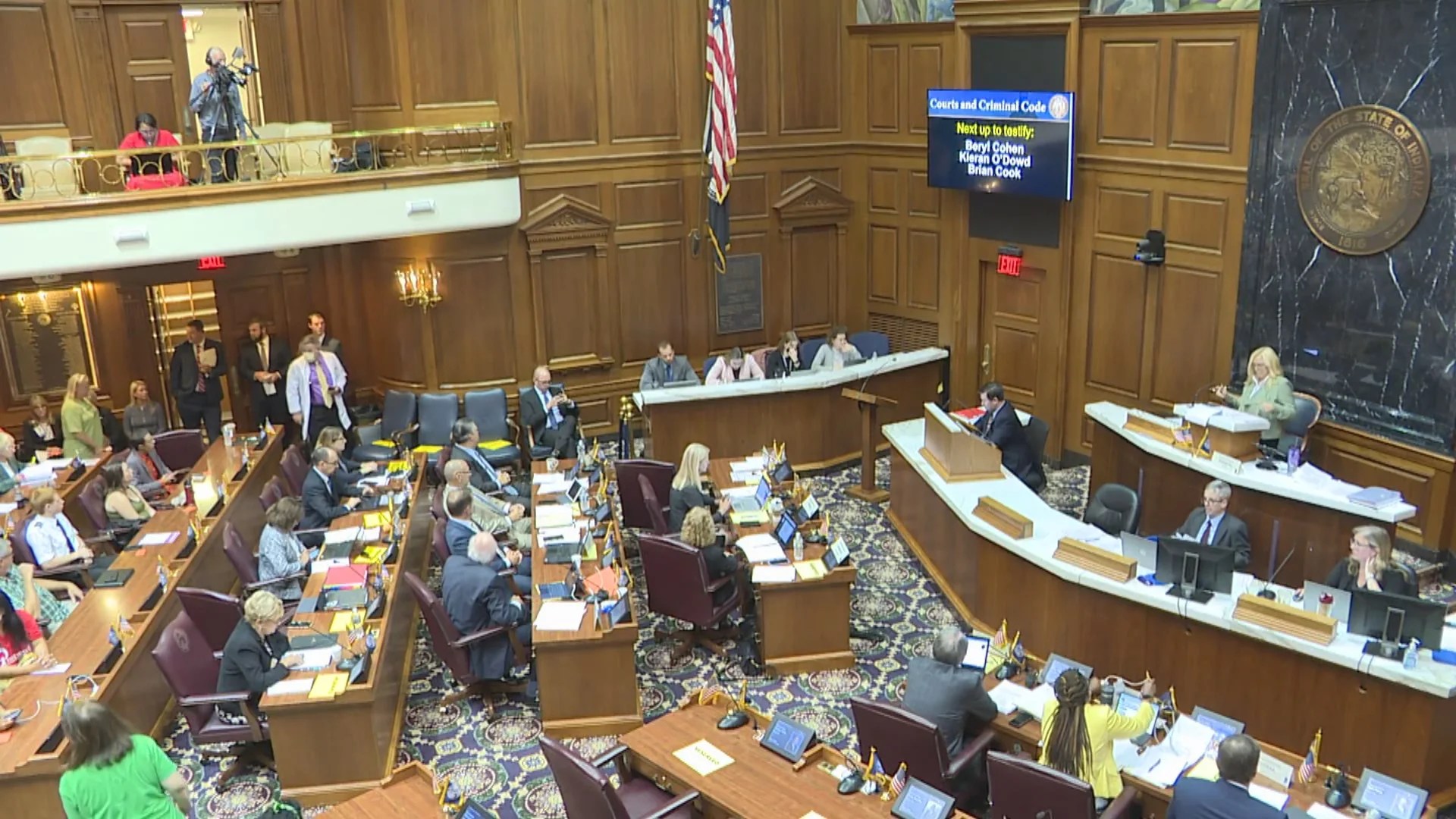Or,Here are excerpts of what the Kansas referendum actually stated:
"...the constitution of the state of Kansas does not ...create or secure a right to abortion*...the people, through their elected state representatives and state senators, may pass laws regarding abortion... A vote for the Value Them Both Amendment would reserve to the people of Kansas, through their elected state legislators, the right to pass laws to regulate abortion...A vote against the Value Them Both Amendment would make no changes to the constitution of the state of Kansas and could prevent the people, through their elected state legislators, from regulating abortion in many circumstances. It would leave in place the newly discovered right to abortion first recognized in 2019.” (emphasis mine)
They spelled it out pretty plainly for people.
There are two reasonable ways to interpret the failure of this referendum:
1) The people assert there is a right to an abortion, and/or
2) There "may" or "may not" be a right to an abortion, but the people voted to maintain obstacles preventing their elected legislators from banning it.
*cf. Houghmade's statement, above
3) People think a constitutional amendment is a nuclear warhead response to correcting a bad judicial decision, and would rather see bad judicial decision corrected through the judiciary.








